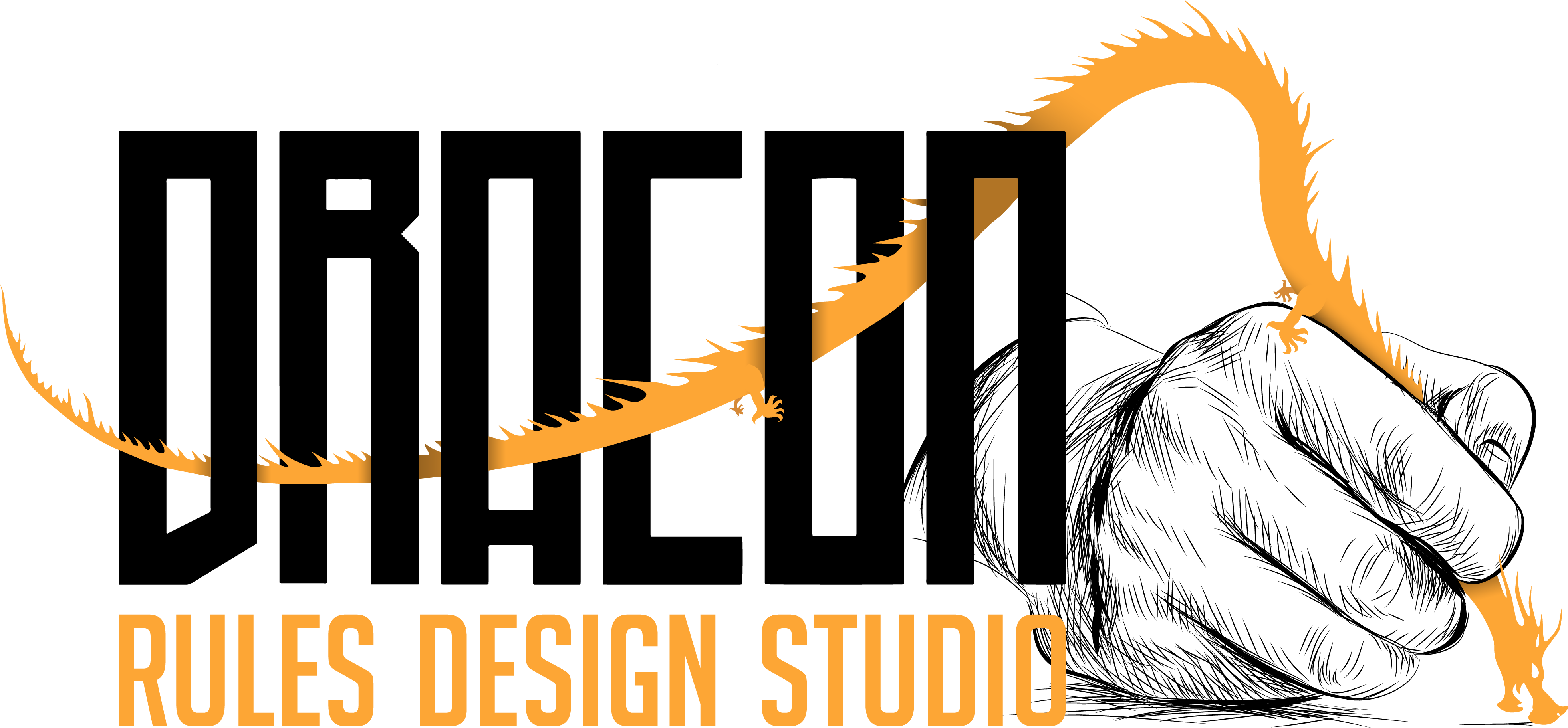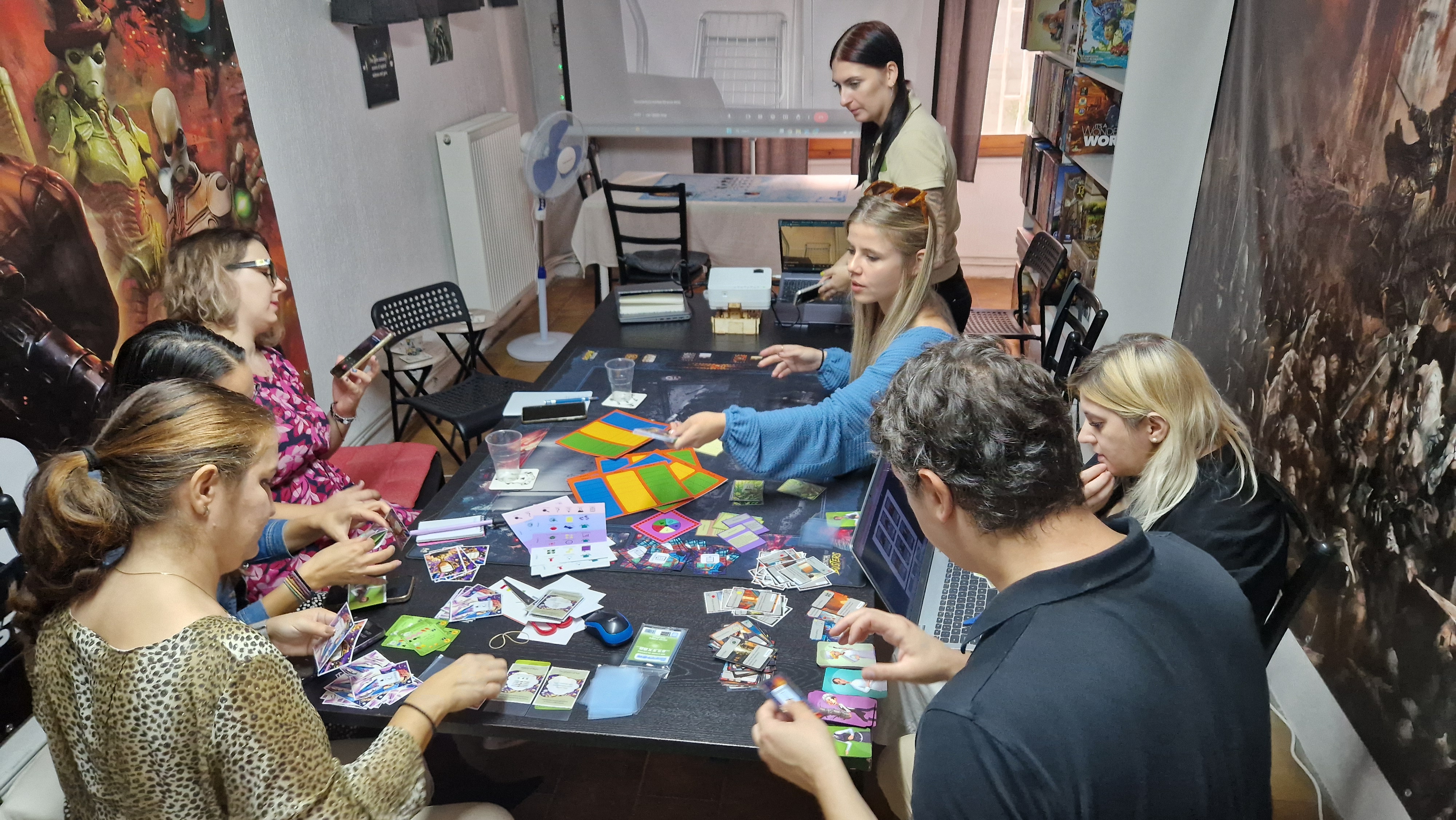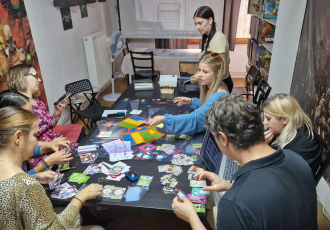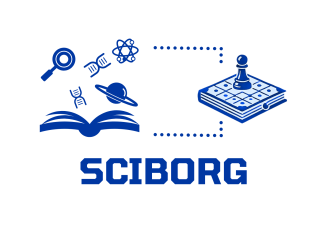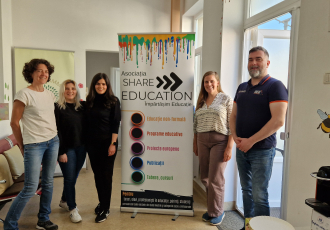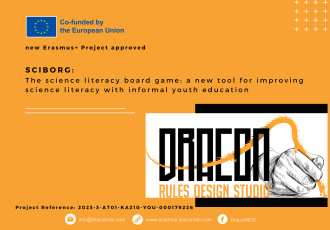Bringing Science to Life in Karditsa, Greece
In mid-October, the SCIBORG project team gathered in the beautiful town of Karditsa, Greece, for an electrifying Live-Test event of the SCIBORG board game! This hands-on, collaborative workshop brought together partners from Dracon Rules Design Studio, WasserCluster Lunz, and Asociatia Share Education, for three immersive days of testing, brainstorming, and innovation.
🎲 The Experience
Our Live-Test began with introductions, setting a warm and collaborative tone as participants shared the unique stories behind their names. From there, we delved straight into the heart of SCIBORG: the game’s innovative concept, research foundations, and carefully designed mechanics. The first playtest revealed how science concepts and critical thinking could come alive in an engaging and interactive format. The energy in the room was palpable as ideas for improvement and gameplay flowed freely.
💬 The Power of Feedback
Play-testing wasn’t just fun; it was an essential step in refining the board game. Each round provided new insights, with participants suggesting tweaks to mechanics and adjustments to design. These contributions are shaping SCIBORG into a tool that isn’t just educational but truly captivating for youth.
🧪 Hands-On, Minds-On
One of the highlights was watching participants take on real-life scientific roles within the game. From navigating challenges to making research breakthroughs, the board game turned science into an exciting adventure. Witnessing the enthusiasm and creativity of the participants affirmed our mission: making science literacy accessible, fun, and impactful.
🚀 What’s Next?
Armed with fresh feedback and new ideas, the SCIBORG team is now working on the next phase—fine-tuning the game for its official launch. This is just the beginning of an incredible journey, and we’re excited to keep pushing boundaries in science education through collaboration and innovation.
Stay tuned for more updates, and thank you for being part of this exciting adventure!




Latest news about the project
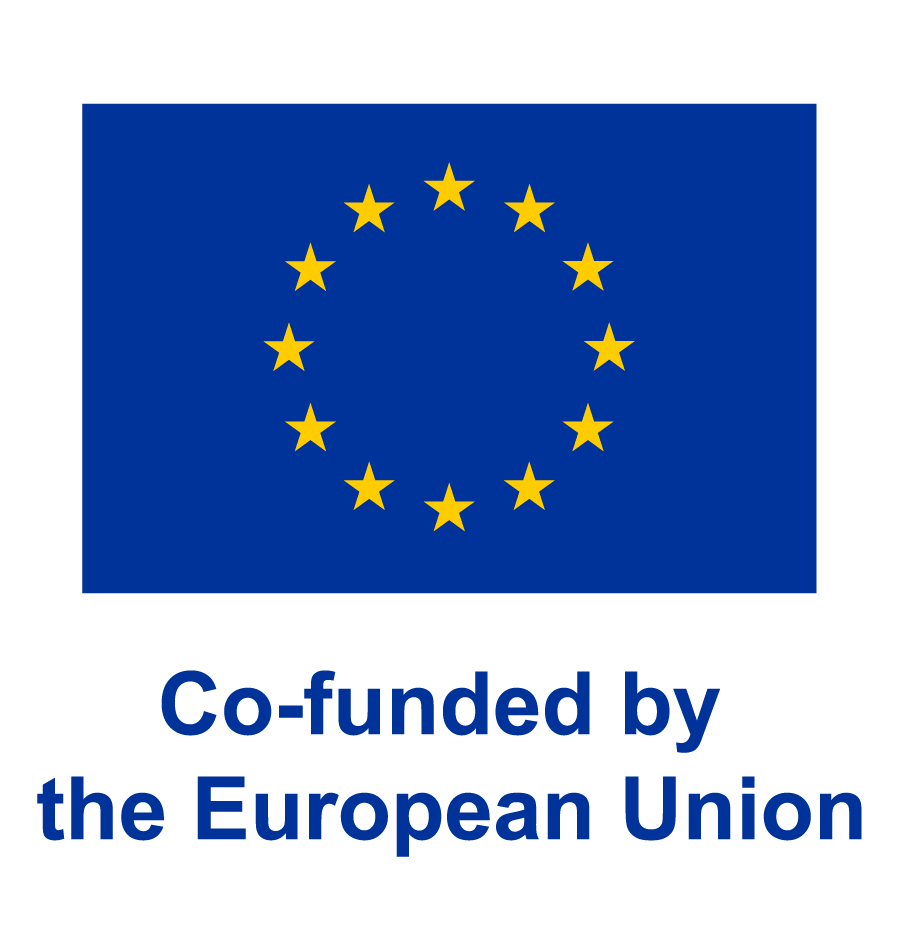
Funded by the European Union. Views and opinions expressed are however those of the author(s) only and do not necessarily reflect those of the European Union or the European Education and Culture Executive Agency (EACEA). Neither the European Union nor EACEA can be held responsible for them.
Project Reference: 2023-3-AT01-KA210-YOU-000179226
